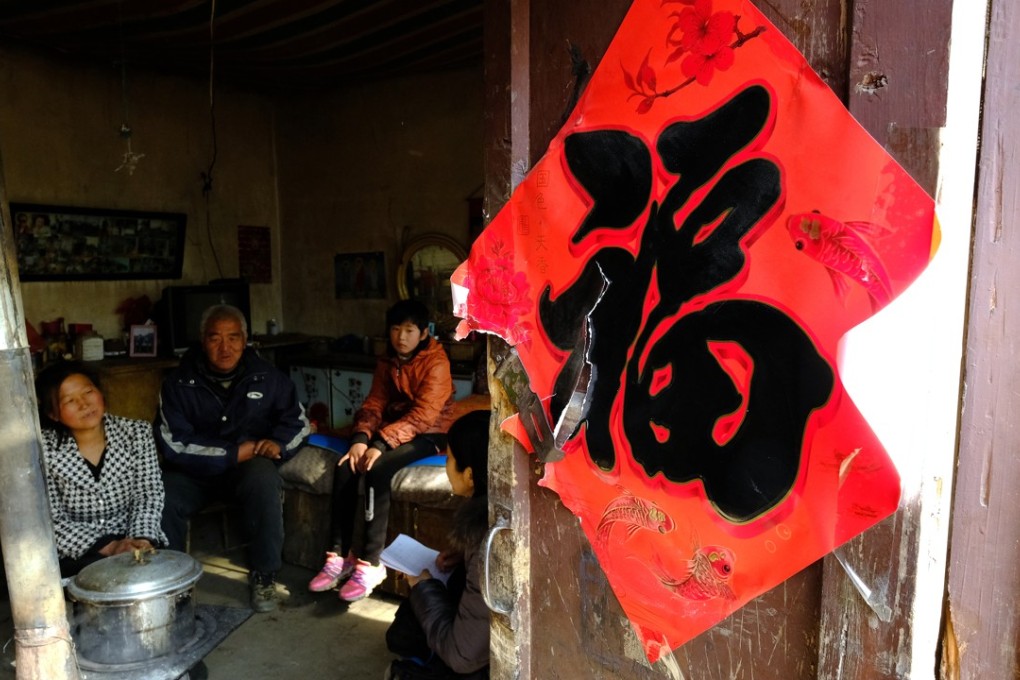How Chinese tech start-ups are cashing in on country bumpkins
Almost half of China’s 1.3 billion people remain unconnected to the internet, providing tech companies with a potential new market as spending by richer, tech-savvy urban residents levels off

Dai Wei, a 55-year-old retired worker whose main responsibility is taking care of her grandson, has suddenly been thrust into the spotlight of China’s latest internet trend.
With no job, no spending money to speak of and only one year’s experience using a smartphone, Dai, who lives in a small county in northern China’s Hebei province, is being courted by some of China’s hottest internet start-ups, even one-upping her tech-savvy daughter in Beijing by becoming an early adopter of two trendy new apps.
Chinese news app Qutoutiao has been giving Dai small cash rebates to encourage her to browse its lowbrow comedy videos and social news content, while social e-commerce app Pinduoduo is offering heavily discounted and even free goods if she finds more than five friends or family members to take part in the Groupon-style online purchases.
The marketing promotions signal a new wave in China’s rapidly evolving internet landscape, in which the so-called diaosi – the Chinese equivalent of country bumpkins – are now sought after as spending by higher income, tech-savvy urban residents has levelled off after years of rapid growth.
With 772 million online users at the end of 2017, China’s internet population is bigger than that of India and the US combined.